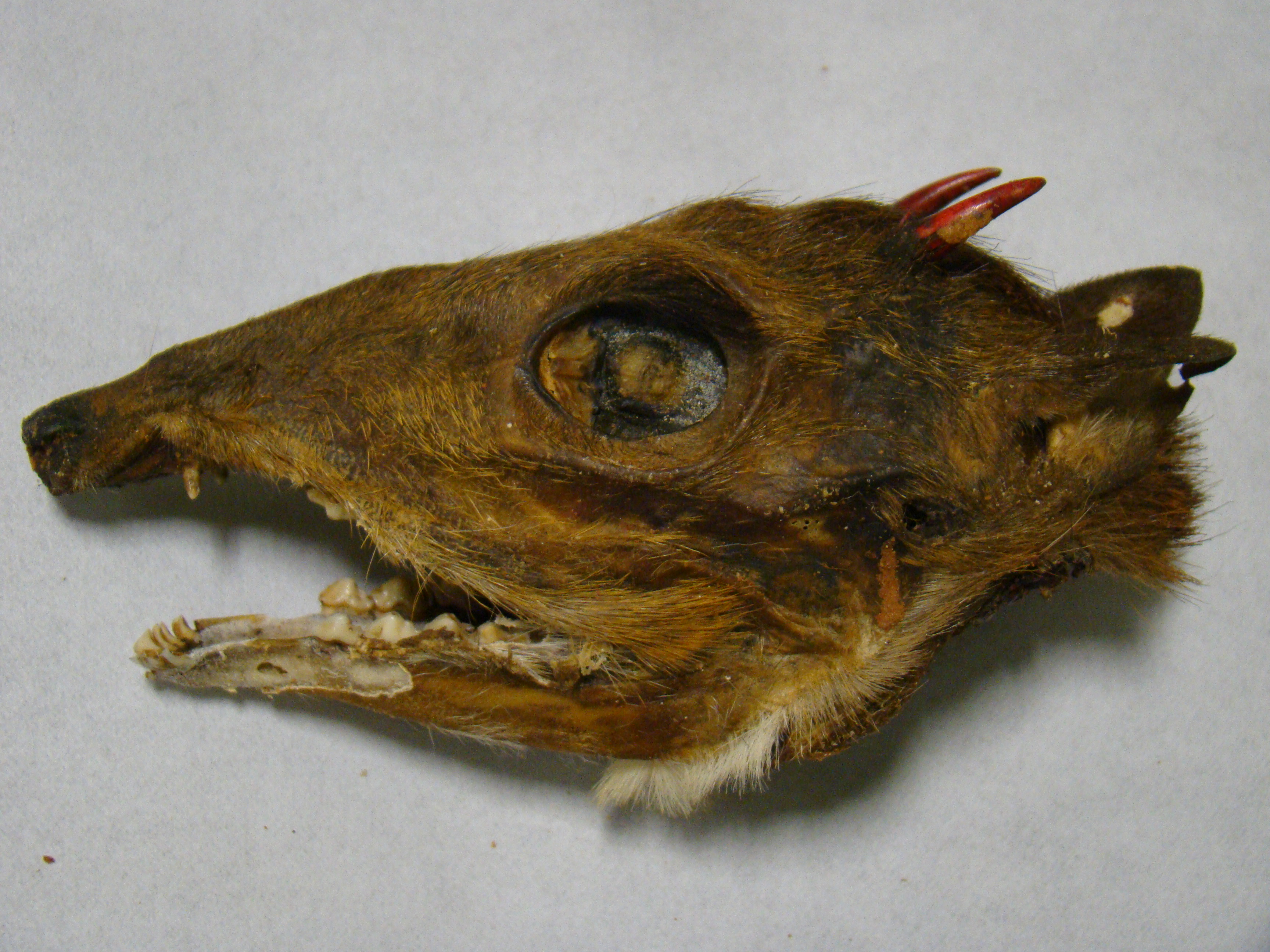
U.S. customs officials announced today they discovered and destroyed six potentially dangerous small animal skulls in a mail shipment passing through San Francisco International Airport en route from Laos to Minnesota.
Customs and Border Protection spokesman Edward Low said the skulls found on Jan. 9 were tentatively identified as mouse deer and were destroyed because of the possibility they harbored foot-and-mouth disease.
Low said the skulls were discovered hidden within bags of dried citrus fruit peel in an international mail shipment inspected by a customs agriculture specialist at the airport.
The mouse deer, also known as chevrotain, typically measures 12 inches high and weighs 5 pounds. It is the world’s smallest hoofed animal.
Low said that while there was no proof the skulls harbored foot-and-mouth disease, importation of hoofed animal parts without a permit is prohibited because the risk of transmitting the disease.
Foot-and-mouth disease is a contagious viral disease that affects ruminant hoofed animals, including cattle, pigs, sheep, goats and deer.
It is sometimes fatal and animals that recover are left debilitated. Control measures often include destruction of affected livestock.
Low said the virus is dreaded by livestock owners and that the United States has been free of the disease since the last of nine outbreaks was eradicated in 1929.
Low said the fruit peel in the parcel was also destroyed because its importation is prohibited on the ground that it could carry citrus infestations.
Customs and Border Protection, or CBP, is part of the U.S. Homeland Security Department.
“In addition to our primary role of preventing terrorists and terrorism-related articles from entering the United States, CBP takes active measures to ensure articles potentially carrying dangerous animal diseases do not enter our country,” said Reginald Manning, CBP area port director for San Francisco.
Low said the shipment was mailed from an address in Laos to a residence in Minnesota, but said he could not give any further details.
The incident was referred to the U.S. Fish and Wildlife Service and Department of Agriculture, but those agencies declined to take any further action, Low said.
Julia Cheever, Bay City News
Want more news, sent to your inbox every day? Then how about subscribing to our email newsletter? Here’s why we think you should. Come on, give it a try.









